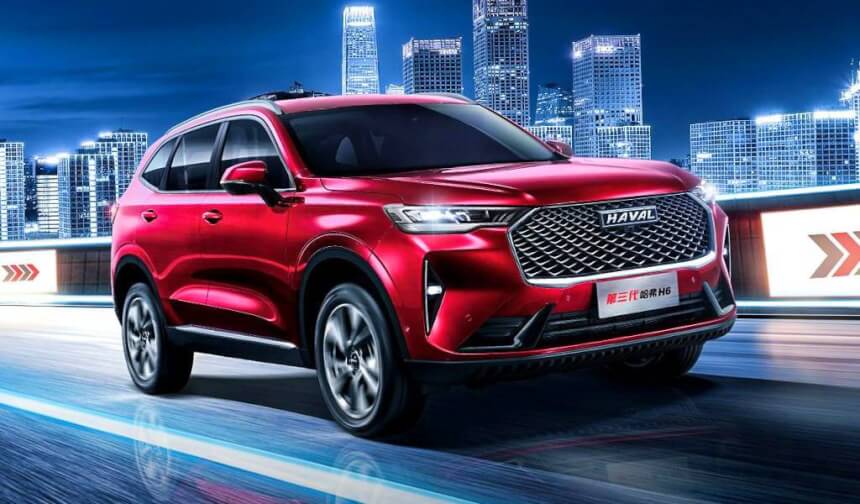Great Wall Motors
Great Wall Motors (GWM), one of the largest electric car manufacturers in the world, has signed an exclusive contract with WEG for the supply of electric chargers in Brazil. Under the agreement, GWM will sell the chargers for installation in customers’ homes and use them to create a charging network in the country.
The contract has an initial duration of one year and comes at a time when GWM is gearing up to expand its presence in Brazil by opening 130 dealerships by 2024, 50 of which are expected to open this year.
In 2021, the Chinese automaker acquired a car factory in the interior of São Paulo, formerly owned by Mercedes-Benz, and announced plans to increase the plant’s productive capacity by five times to 100,000 cars per year.
GWM also intends to invest BRL 10 billion in Brazil over the next few years. The agreement with WEG is significant for the company as it prepares to scale up operations in Brazil and take on BYD, the other automaker with bold plans for the sale of electric and hybrid cars in the country, which is reportedly in talks to purchase the Ford factory in Camaçari.
For WEG, the contract with GWM is another significant development, given the automaker’s ambitious plans for the Brazilian market. WEG has already signed similar supply contracts with other electric car makers operating in Brazil, including Volvo, Renault, and Stellantis.
Carlos Grilo, the WEG superintendent responsible for the vertical, noted that the company is the only manufacturer producing electric chargers locally. According to him, WEG has also started a process of internationalization of electric chargers, entering markets such as Mexico, Chile, Argentina, the United States, and Europe, where competition is much stronger.
WEG’s entry into these markets has been supported by automakers, which have extended agreements in Brazil to other markets in the region. In Europe and the US, WEG is reportedly in talks with local automakers. The company has been selling electric chargers since 2019, and the vertical has been growing in line with the Brazilian electric car market, although it does not report separate results for this line of business.

